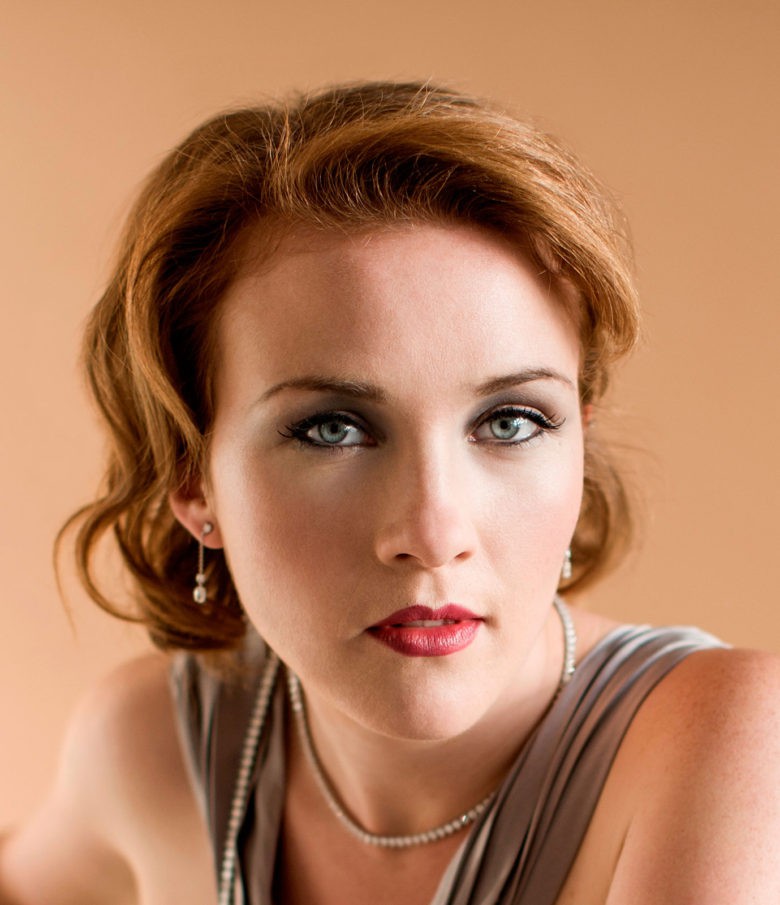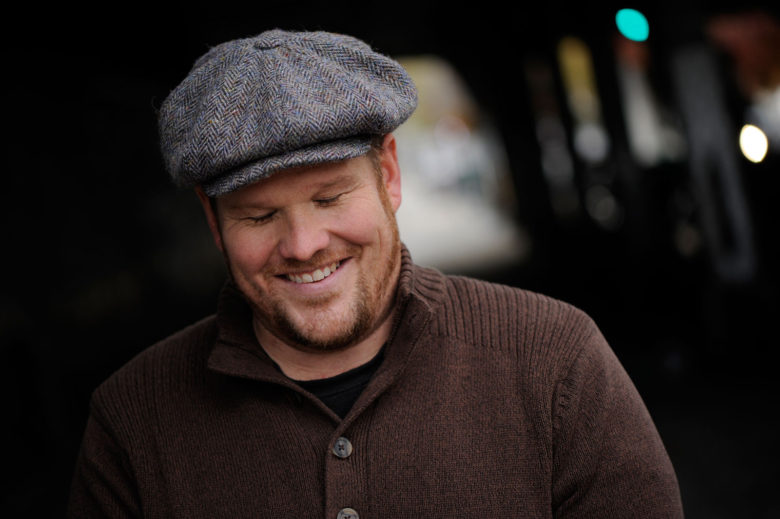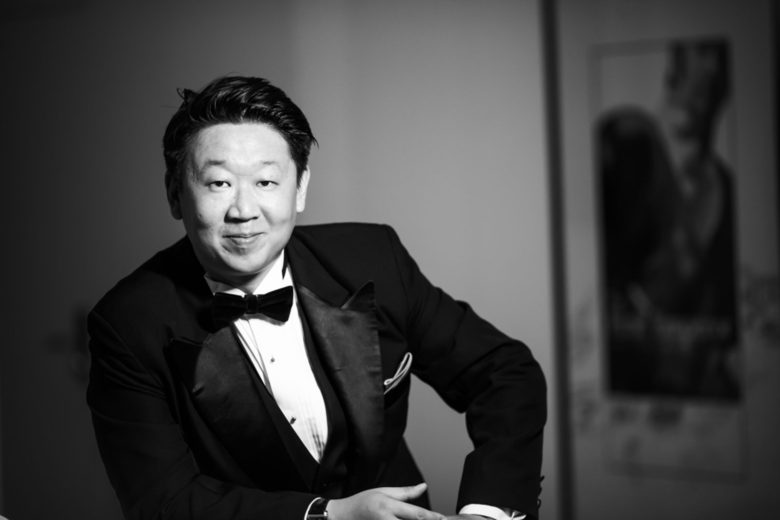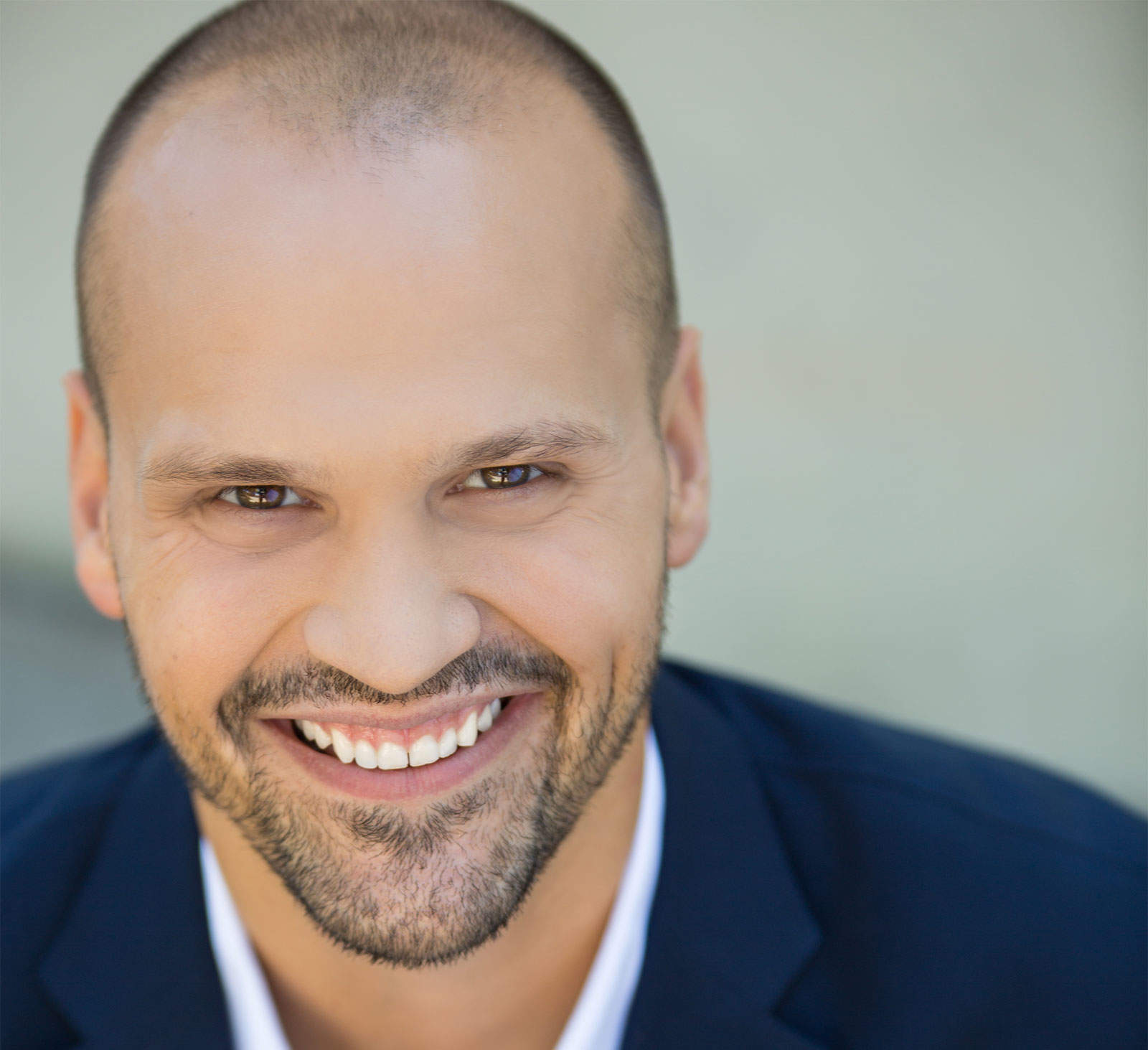 Television and cinema have mostly failed in presenting a Steve Jobs story that earns the approval of knowledgeable Apple fans.
Television and cinema have mostly failed in presenting a Steve Jobs story that earns the approval of knowledgeable Apple fans.
Now it’s opera’s turn to make something compelling.
The Santa Fe Opera will stage the premiere of The (R)evolution of Steve Jobs in July of 2017. A cast has already been selected and the singers are about to begin the workshop phase to learn the music of composer Mason Bates and the libretto written by Mark Campbell.
Jobs is the father of personal computing, a cultural icon who made technology cool, and now a kind of deity since his death from cancer in 2011. Artists of all mediums — sculptures, painters, writers and filmmakers — have created passionate works to symbolize his impact on the world, but several have struck an off note with fans, historians and the people who best knew Jobs.
Most recently, the Aaron Sorkin movie, Steve Jobs, garnered several awards, but was largely panned by Jobs’ devotees and was a box office flop after it was released last year.
Meet the librettist
So if opera is to take a crack at the Jobs story, this daunting task may be in the right hands with librettist Mark Campbell.
The libretto is the text or story presented and Campbell is considered “one of the most in-demand librettists in the world,” according to Opera News. His most recent work, an adaptation of The Shining for the Minnesota Opera earned rave reviews and his calendar lists five premieres, including (R)evolution, for 2017.
Campbell’s bonafides also include writing the libretto for the opera Silent Night, which won a Pulitzer Price in music in 2012. If opera and technology seem to be an odd mix, there is successful precedence with the 2005 opera, Dr. Atomic, about the creation of the atom bomb.
“I was kind of hesitant at first about the subject,” Campbell told Cult of Mac. “Steve Jobs is so popular and so a part of our world, and creating an opera is full of minefields. But I saw a way into the story that could work in the operatic form. I was not interested in creating a story that made him a big hero, nor did I want an opera that vilified him in any way. I created a libretto that paints a balanced portrait of him.”
Baritone Edward Parks, whose voice was described by The New York Times as being “robust” and “earthy,” will play Jobs. Tenor Garrett Sorenson will play friend and business partner Steve Wozniak, but two pivotal people who stood out from Campbell’s research and were critical in humanizing Jobs were his wife, Laurene Powell Jobs (mezzo-soprano Sasha Cooke) and zen priest Kobun Chino Otogawa, Jobs’ spiritual advisor (bass Wei Wu).

Photo: The Santa Fe Opera

Photo: Clinton Brandhagen

Photo: Wei Wu
Circle of life
The opera will start with a 10-year-old Steve Jobs receiving a workbench from his father, Paul, who encourages him to use it for taking apart things to see how they work. The story leaps forward to Jobs’ keynote in 2007 when he introduced the “one device that does everything” (the iPhone). Campbell says the story will move back and forth through the different influential events of his life, his relationship, the rise and fall and rise again as a tech mogul and his marriage to Laurene who, Campbell says, showed Jobs the power of human connection.
Jobs was known to do his best thinking on long walks, and Campbell uses walking as a way for Jobs to connect with the spirit of Otogawa and also to symbolize both revolution and evolution.
The opera makes use of none of the Apple devices. They are not props nor are they pictured. They are not mentioned by name. Campbell promises this non-inclusion will not be a distraction to the story.
“I spell things out just enough,” Campbell says. “The reason it’s not a straight, linear narrative is that the (forward and back) makes the story more exciting and fun to watch. Things have to be more dramatic to be sung. I always say in opera, things can’t just happen, they need to happen.”
As innovative as the subject
(R)evolution will have the musical elements of classical opera, like arias and ensembles but composer Bates, Campbell says, captures the frenetic spirit of the Silicon Valley with electronic music. Bates is well-known in music circles for expanding orchestras to include electronics. He has won several prizes for musical composition, including a Guggenheim Fellowship.
Campbell says composer Mason Bates wrote expansive melodies for the “big moments” in the opera. There are an aria and a chorus during the 2007 product launch (based on the first iPhone), a duet between Jobs and Woz as they pranked the Vatican with a blue-box calling device and Wu, who plays Otogawa, sings a parable about a frog to encourage Jobs to take one step forward.
Jobs sings an aria when he realizes computers can be humanized and that, like musical instruments, they can be something the user plays rather than something that plays us.
Jobs’ longtime partner Chrisann Brennan and Woz sing together in which they lament Steve is losing his humanity. Final partner and wife, Laurene, later sings an aria that castigates Jobs for the way he treated Chrisann and other people. She also ends the performance with an aria about Jobs’ legacy.
“A number of my friends look at me and ask ‘Why are you doing this? He was a monster in the workplace,'” says Campbell. “I say ‘Reach in your pocket right now. What are you holding? That’s the reason.’ You just can’t deny his influence on our world today.
“Audiences are hungry for new operas. This is about a contemporary person who has influenced every corner of our lives.”
Campbell purposely did not see Sorkin’s film on Jobs. In fact, he had finished his libretto well before the movie came out.
Campbell’s work is not over. He will attend the workshops and rehearsals and will tweak the lyrics as the performers learn the music.


